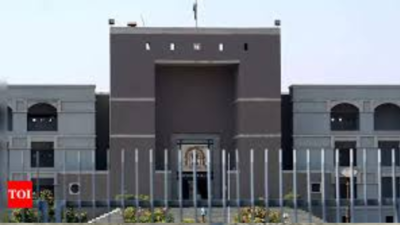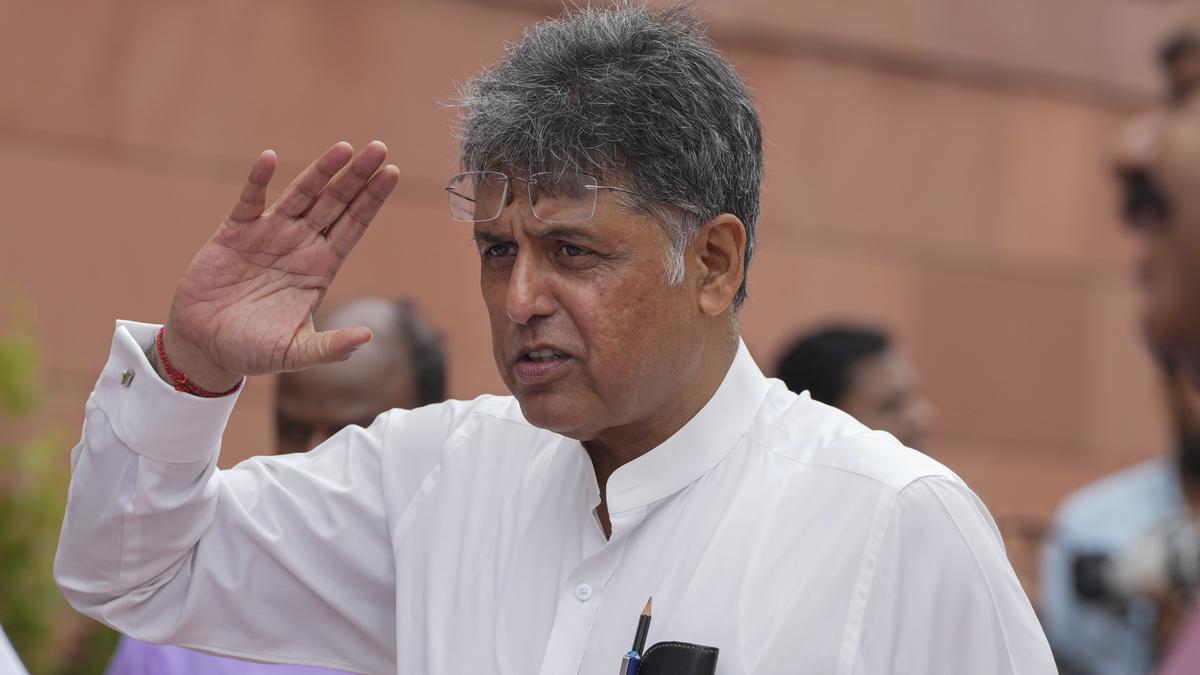ARTICLE AD BOX

AHMEDABAD: In a significant ruling, the Gujarat high court has held that a Muslim marriage can be dissolved through 'mubaraat' - a mutual consent divorce - without the necessity of a written agreement recording such consent.Citing the Quran and the Hadith on the procedure for dissolution of marriage, the bench of Justice A Y Kogje and Justice N S Sanjay Gowda set aside an order by a Rajkot family court that had rejected a suit filed by a Muslim couple seeking a declaration of dissolution of marriage by Mubaraat. The family court had held the suit was not maintainable under Section 7 of the Family Courts Act because there was no written agreement regarding mutual consent for divorce.
The couple, married in 2021 in Bihar, decided to end their marital union due to mutual aversion and opted for Mubaraat. They filed a suit in Rajkot's family court, which was rejected. On appeal, the high court, after a detailed hearing, referred to Quranic verses and observed: "There is nothing to suggest that there has to be a written agreement of Mubaraat, nor is there any prevailing practice of maintaining a register to record such an agreement for mutually dissolved Nikah."
Expanding on the matter, the court noted: "A register is merely a register maintained, and the Nikahnama issued on the basis of such a register is only a declaration of an agreement between two Muslims to enter into Nikah. However, such registration is not essential to personal law. Similarly, the court does not find that recording an agreement between the parties to the Nikah in any written format is essential for recording the fact of dissolution of marriage.
For the purpose of Mubaraat, the expression of mutual consent to the dissolution of Nikah is sufficient to dissolve the Nikah in itself."The high court found error in the family court's findings that a written agreement is a must for divorce "as the same is not subscribed to any verse of the Quran, Hadith, or the practice followed amongst the Muslims under personal law."The court also clarified that the logic of treating a register of Muslim marriages as a written contract was flawed: "The logic given by the family court with regard to registering a Muslim marriage under a register to treat it as a written contract is also erroneous, as such a register and Nikahnama only recognise the agreement entered into by the parties to the marriage by uttering the words 'kabul' in the presence of the witness.
That does not make a Nikahnama or registration of a Nikah part of an essential process of Nikah... Similarly, there is no process by which the written agreement is an essential requirement for Mubaraat."The high court held that such a suit is maintainable under the Family Courts Act and remitted the matter back to the family court to decide afresh within three months.



.png)
.png)
.png)
















 3 hours ago
5
3 hours ago
5









 English (US) ·
English (US) ·